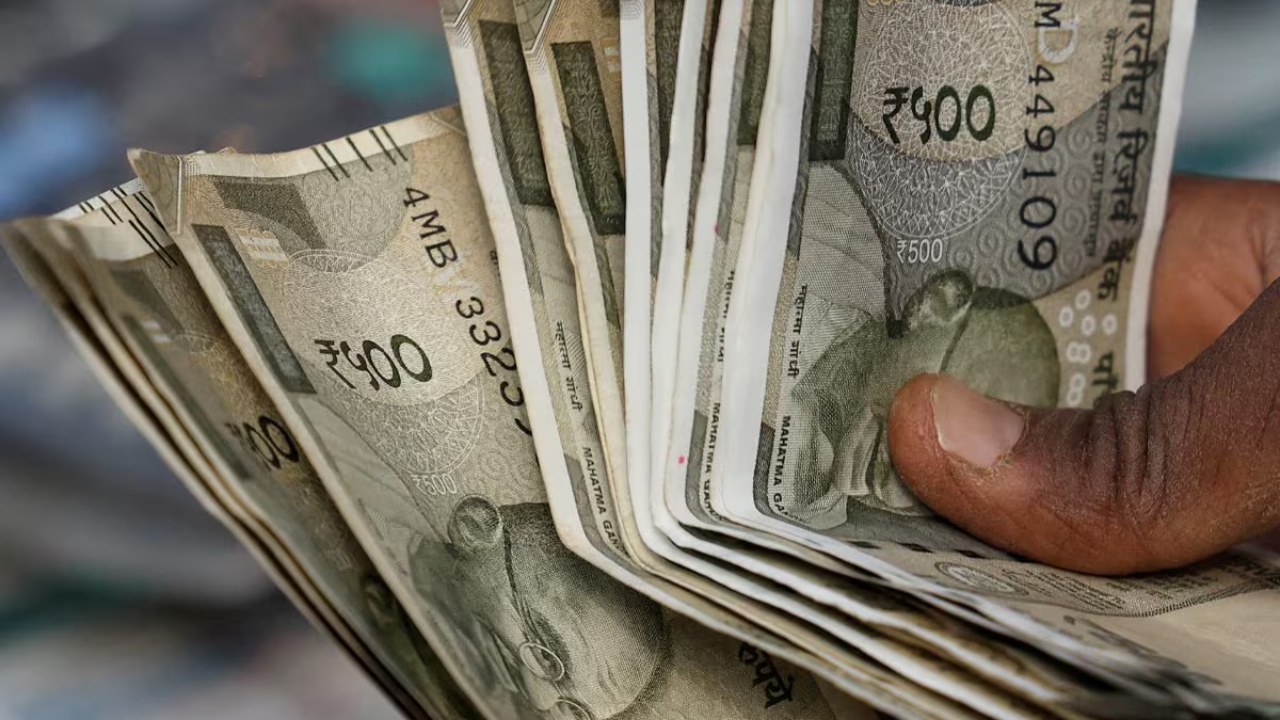Rules for keeping cash at home: In today’s digital lifestyle, people are doing most of their work online, from paying electricity bills to recharging mobile phones. But despite this, the habit of keeping cash at home has not ended. Many families consider cash as a safe option for emergencies or sudden expenses.
This is the reason why people often have a question in their mind: Is it legally correct to keep a lot of money at home? Has the government set any limit on this? And if the Income Tax Department asks about the money kept at home, what problems can arise in case of is not able to answer?
This question is also important because many people can unknowingly get caught in the net of the law due to a lack of correct information.
Is there any limit on keeping cash at home?
According to the Income Tax Department, there is no legal restriction on keeping cash at home. That is, you can keep as much money at home as you want according to your convenience and need. Neither is there any upper limit nor lower limit for this.
But one condition is important—the money should be from legitimate income. If the source of the cash is not clear, it can create problems for you.
Why is the source of cash important?
The Income Tax Department is not bothered about how much cash is lying in your house. It only keeps an eye on where the money came from. If you can prove that the money came from your salary, business, or the sale of a property, then there will be no problem.
But if you fail to provide proof of this, then the same amount will be considered as “undeclared income”. In such cases, not only can you have to pay heavy taxes, but you can also face additional penalties and legal action.
Why are ITR and documents important?
If the cash you have is recorded in your Income Tax Return (ITR), then you can easily answer any question. For example, if you have withdrawn cash from the bank, then you should have its statement, or the receipt, and the agreement of the amount received on the sale of the property.
These documents save you from legal hassles and also prove that your financial position is strong. Financial experts always advise keeping a record of every cash transaction, even if it is small.
What if proof of cash is not found?
This is where the biggest danger lies. If the Income Tax Department finds a large amount of cash in your house and you are unable to prove its source, a hefty penalty can be imposed. In many cases, a penalty of up to 200 percent of the tax has to be paid. And in serious situations, there is also a provision for a jail sentence.
That is, keeping money at home is not wrong, but not having its account can put you in trouble.
Is it safe to keep cash at home?
Absolutely. Keeping cash is completely legal and most families still consider it safe. But this is true only when your income record is clean.
No one can deny the importance of cash in emergency situations. This proves to be extremely useful in situations like hospitalization, sudden travel, or digital payment failure. But at the same time, one must remember that the money must be valid and recorded.
